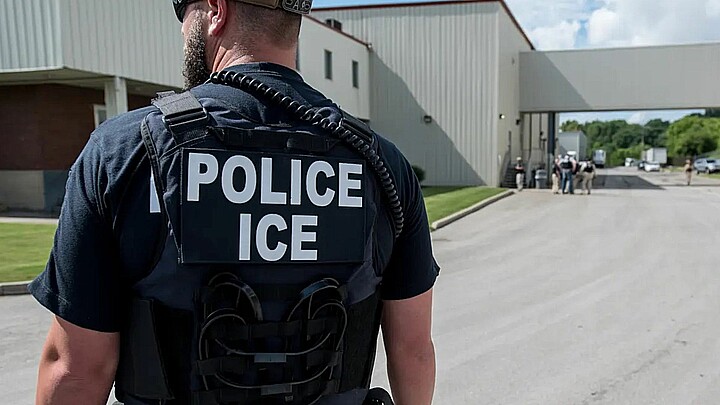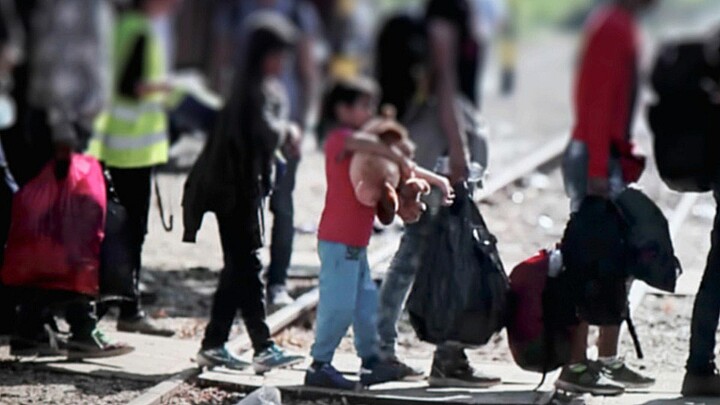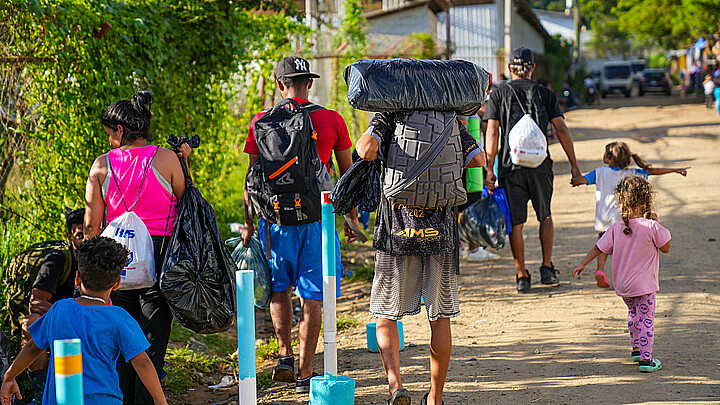Immigration
Record number of unaccompanied migrant children entered U.S. shelter system in 2022
The record-breaking figure comes as the U.S. is dealing with a larger immigration crisis, with thousands of migrants attempting to cross the border every day
October 18, 2022 4:31am
Updated: October 18, 2022 10:31am
A record-breaking number of unaccompanied migrant children have entered the United State’s shelter system in 2022 as an unprecedented number of migrants are being intercepted at the border, according to data from the Department of Health and Human Services (HHS).
This year, almost 130,000 unaccompanied minors entered the shelter system, a significant increase compared to the previous record set in the fiscal year 2021, when 122,000 unaccompanied migrant children were placed in the system, said the federal agency.
Under U.S. law, HHS’ Office of Refugee Resettlement is in charge of housing undocumented migrant children that are found at the border without any adult accompanying them. The children are placed into a shelter system until they turn 18 years old or are released to a sponsor, who is usually a parent or relative already living in the U.S.
The record-breaking figure comes as the U.S. is dealing with a larger immigration crisis, with thousands of migrants attempting to cross the border every day.
During Fiscal Year 2022, more than 2 million migrants were processed by officials at the U.S.-Mexico border, the highest level recorded in all of the U.S. Customs and Border Protection history.
Migration analysts claim that the recent increase in immigration and unaccompanied minors is due to several factors, including poverty, violence, and economic conditions in Central America.
Another major factor influencing the decision to send minors alone to the U.S.-Mexico border is the desire to reunite with family members who are already living in the country.
According to the Department of Homeland Security, around 80% of Central American unaccompanied minors that are placed in federal custody have relatives living in the U.S. Similarly, around 40% of the unaccompanied minors have a parent or legal guardian living in the country.










